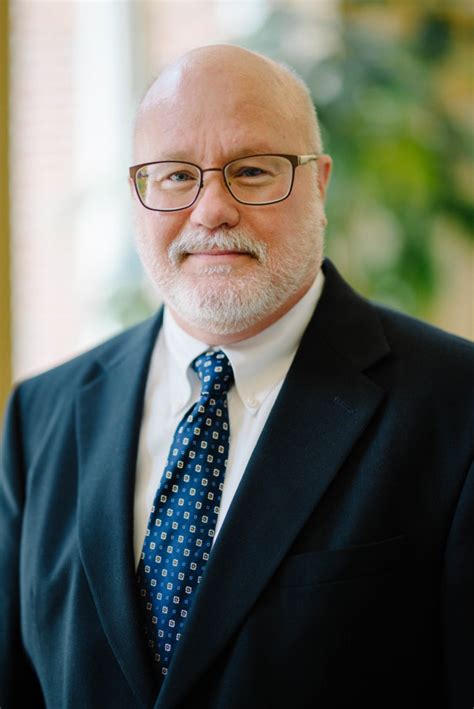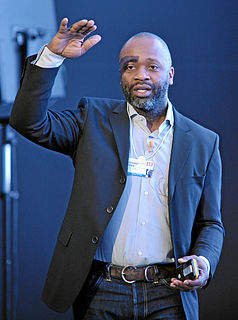A Quote by Sharon Salzberg
The meditation traditions I started and have continued practicing have all emphasized inclusivity: anyone can do this who is interested.
Quote Topics
Related Quotes
Most of what the founders knew about the Hebraic republic, it must be emphasized, they learned from the Bible. These Americans were well aware that ideas like republicanism found expression in traditions apart from the Hebrew experience, and, indeed, they studied these traditions both ancient and modern.
I never really wanted to have a Guru, I was more interested in Buddhist philosophy and meditation, and had a psychological background in college, but he had so much love. To be with him, there was nowhere else to be and nothing else to do. Nothing he taught, philosophy or meditation, are the things I went to India to look for, or was interested in, but he sort of jumped into my heart and then pulled, he pried it open.
Before practicing meditation, we see that mountains are mountains. When we start to practice, we see that mountains are no longer mountains. After practicing a while, we see that mountains are again mountains. Now the mountains are very free. Our mind is still with the mountains, but it is no longer bound to anything.
All the classical meditation traditions, in one way or another, stress nonattachment to the self as a goal of practice. Oddly, this dimension is largely ignored in scientific research, which tends to focus on health and other such benefits. I suppose the difference has to do with the contrast in views of the self from the spiritual and scientific perspectives. Scientists value the self; spiritual traditions have another perspective.
































